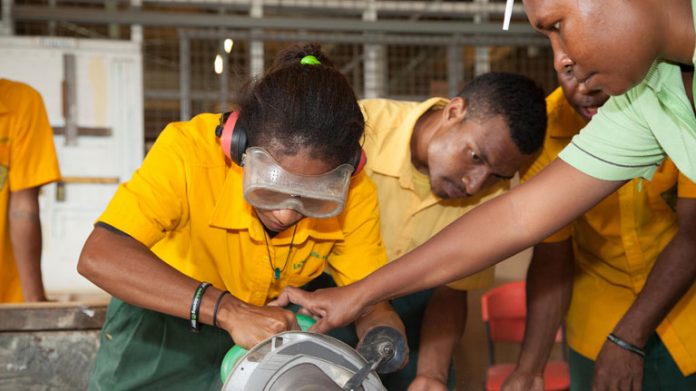On World Youth Skills Day, ILO highlights the need to provide new skills for young people that respond effectively to new forms of work.
Today, over 71 million young people are unemployed, with around 40 per cent of the world’s active youth population either unemployed or living in poverty despite being employed. World Youth Skills Day in New York saw a robust discussion on the best practices and policies to address the skills gap and ensure that young people across the globe have the opportunities and skills to access quality jobs in rapidly digitizing economies.
In a statement to mark the day, UN Secretary-General António Guterres said, “Young people are some of the greatest change-makers and innovators we have. We must help young women and men to achieve their potential not only for their own sake, but for all of us, and our communities and societies.”
Speaking on behalf of ILO Director-General Guy Ryder on the future of work, Christophe Perrin, Officer in Charge for Field Operations and Partnerships said: “We are being challenged to broaden our global discourse and explore how we can use these transformations to bring about new, quality job opportunities. We must anticipate emerging demands for new skills, which will have an impact on education and training systems that respond effectively to new forms of work and, most importantly, the role work has in our lives.”
Marking the occasion, Irina Bokova, Director-General of UNESCO said in a statement, “Access to quality education and skills training has never been so important to ensuring a future of dignity for the world’s young generation – our ultimate renewable resource. This must be our shared commitment on World Youth Skills Day, and we will be mobilizing our networks of technical vocational education and training institutions in more than 150 countries to pass this message.”
With improved education outcomes, relevant skills and competencies, and access to decent jobs, youth can help accelerate progress on the Sustainable Development Goals, fostering a prosperous, sustainable and equitable socio-economic environment for all and building peaceful and inclusive societies.
Source: ILO




















